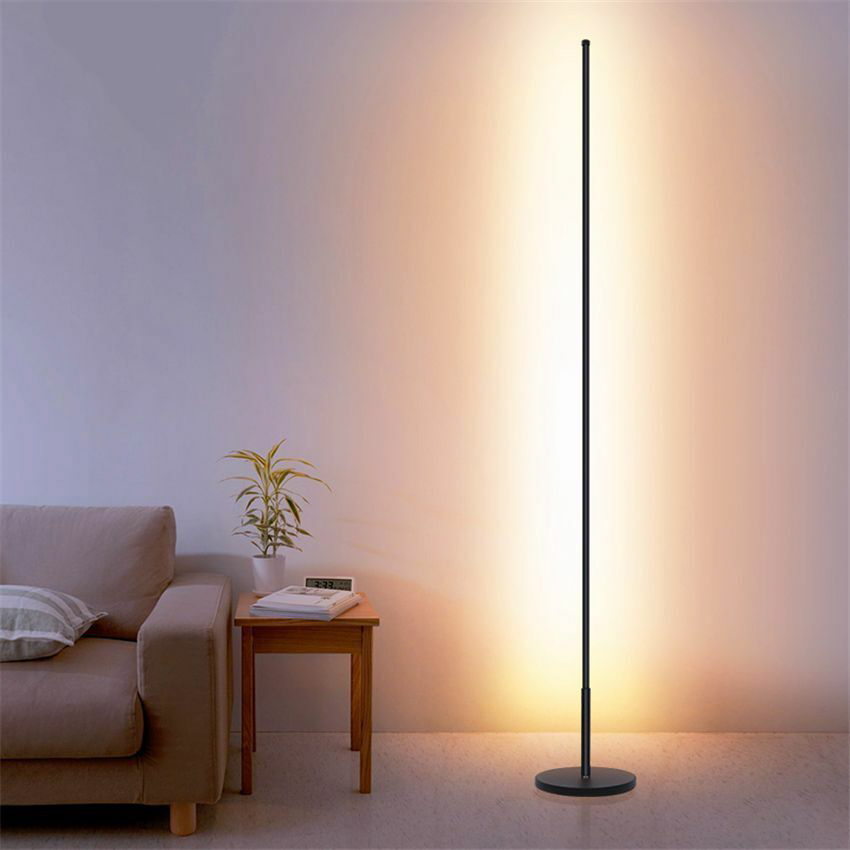
Whether you’re looking to take in the sights of London, the cobblestone streets of Paris or a beach holiday in the Greek islands, there are plenty of ways to travel Europe. The key is to find the best itinerary for you and make sure you have all the essentials when it comes to planning your trip.
Travelling to Europe can be expensive, but there are many ways to save money while still having a wonderful experience! The best way to avoid overspending is to budget for a specific amount of time and spend it wisely.
Use a Rail Pass
If you want to see a lot of Europe, train travel is one of the most economical and efficient ways to go about it. European railways offer both high-speed and regional trains, so it’s possible to get from place to place in no time at all!
Buy your rail pass in advance of your trip, and choose either a global pass or a country-specific pass. The latter is a good choice if you’re planning to visit multiple countries, while the former is better for those who are only traveling to a single location or visiting a few select ones in a short period of time.
Take Busses
Bus travel in Europe is generally not as fast or comfortable as train travel, but it is a great way to see the cities and get some exercise. If you’re travelling to a smaller city, or a remote destination that has poor train infrastructure, buses may be the only option for getting around.
Try Bike Riding
Cycling is an excellent way to enjoy the countryside and get a feel for the local culture in Europe. You can rent a bike in most major capitals, and it’s a great way to explore a city on your own.
Pack Comfortable Shoes
As you’ll be spending a lot of your time walking around Europe’s cities, it’s important to wear footwear that fits well and feels comfortable. A pair of high-quality shoes will help keep your feet happy, and you’ll also be more likely to enjoy your stay if you don’t have to worry about blisters!
Bring a Poncho
As Europe gets cold from November to February, it’s worth bringing a poncho to protect your skin from the elements. This will also help to keep you warm in case it does rain or snow.
Bring Cash
As you probably already know, most of Europe doesn’t accept credit cards, so it’s a good idea to bring some cash with you. This will be useful for tips, taxi rides, restaurants, purchases at local markets, daily activities and more.
Doing this will help you avoid the extra costs of foreign exchange fees and will make your transactions much smoother. If you’re on a tighter budget, it’s also a good idea to order your currency in advance of your trip so you can avoid any potential charges.
Avoid Overtourism
With 15 million tourists in Europe each year, Europe can be a popular place to visit for the wrong reasons — including overcrowding, pollution and higher prices at tourist attractions! It’s always better to visit during the off-peak travel season, so you can save some cash while still enjoying a fun and relaxing holiday.













